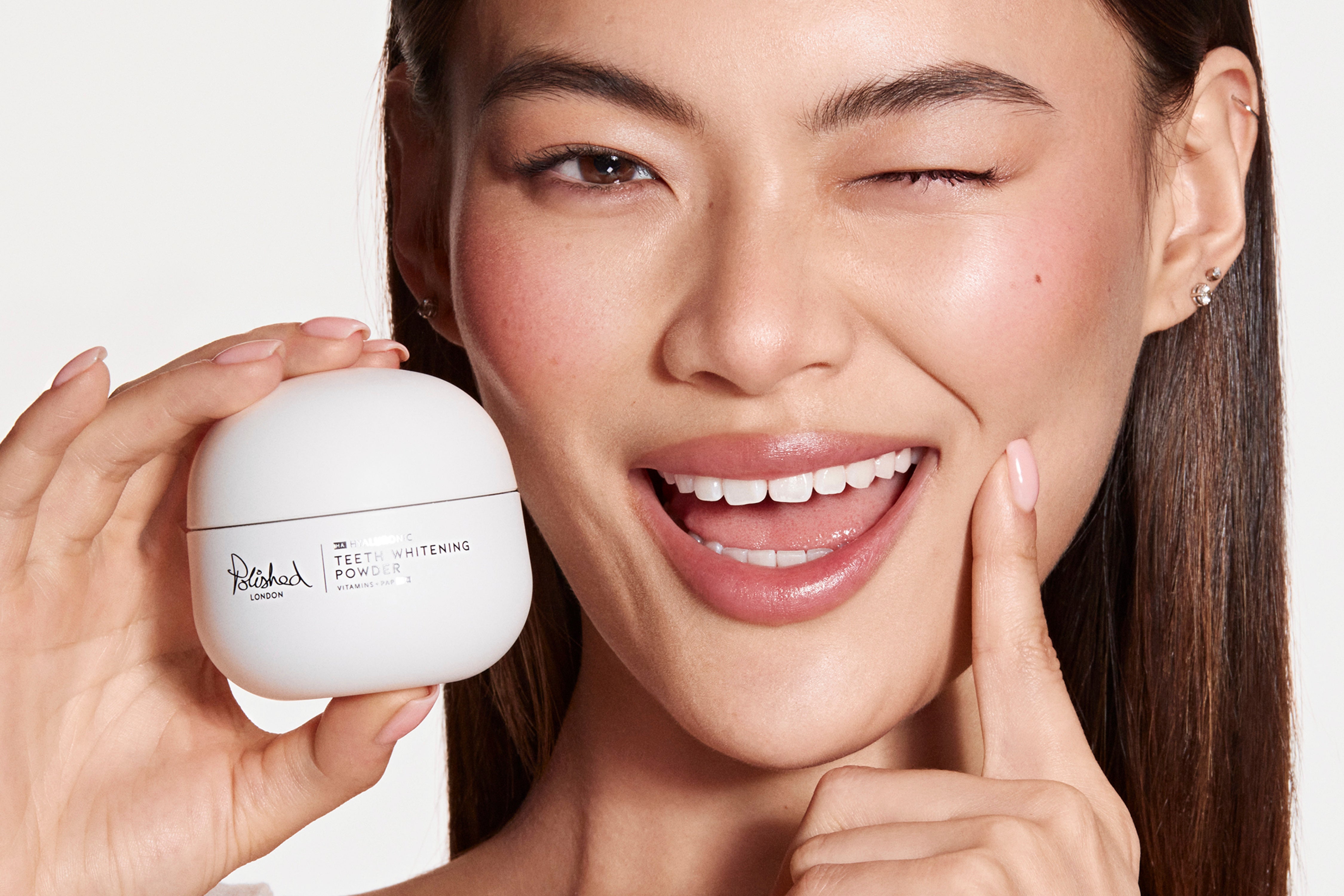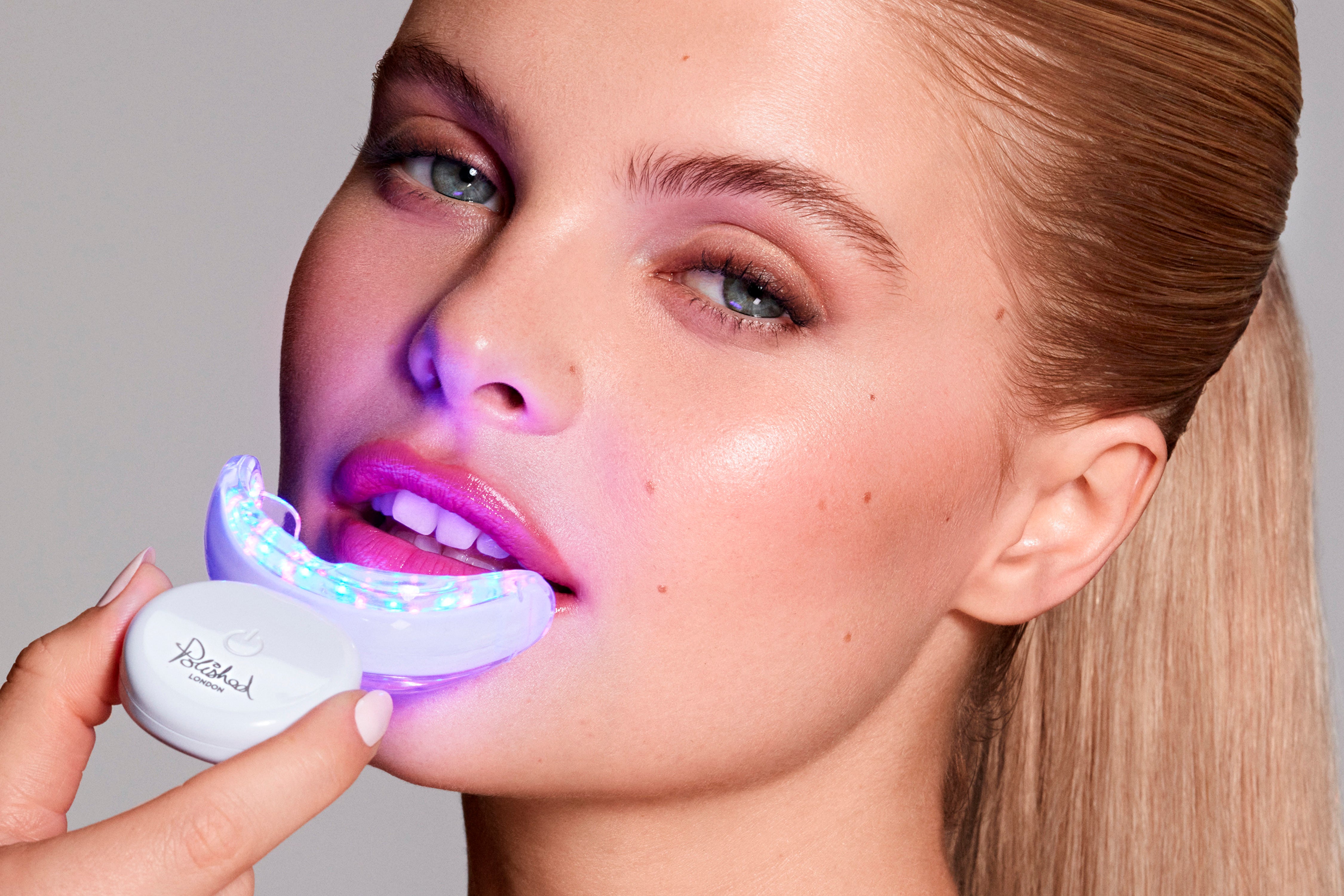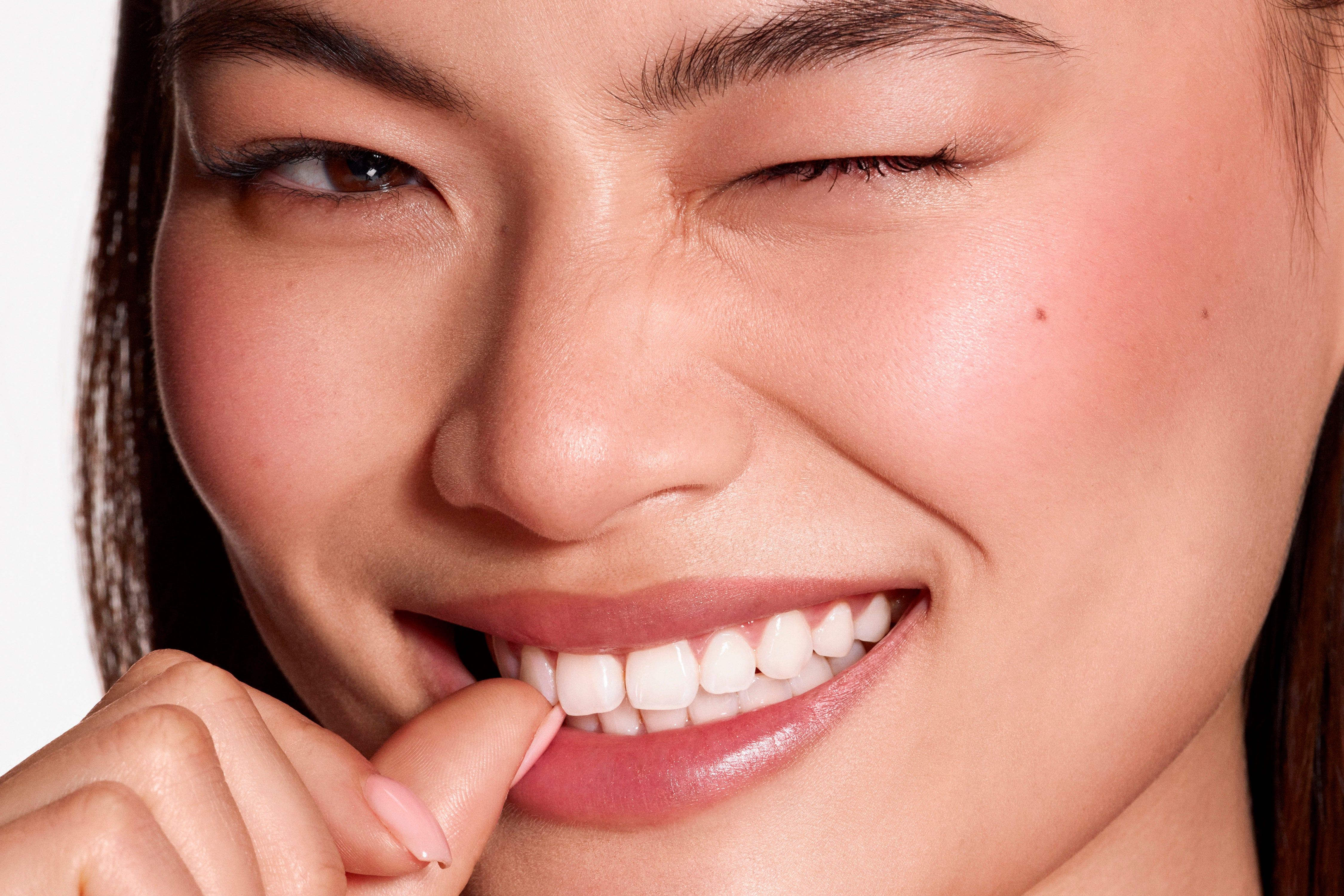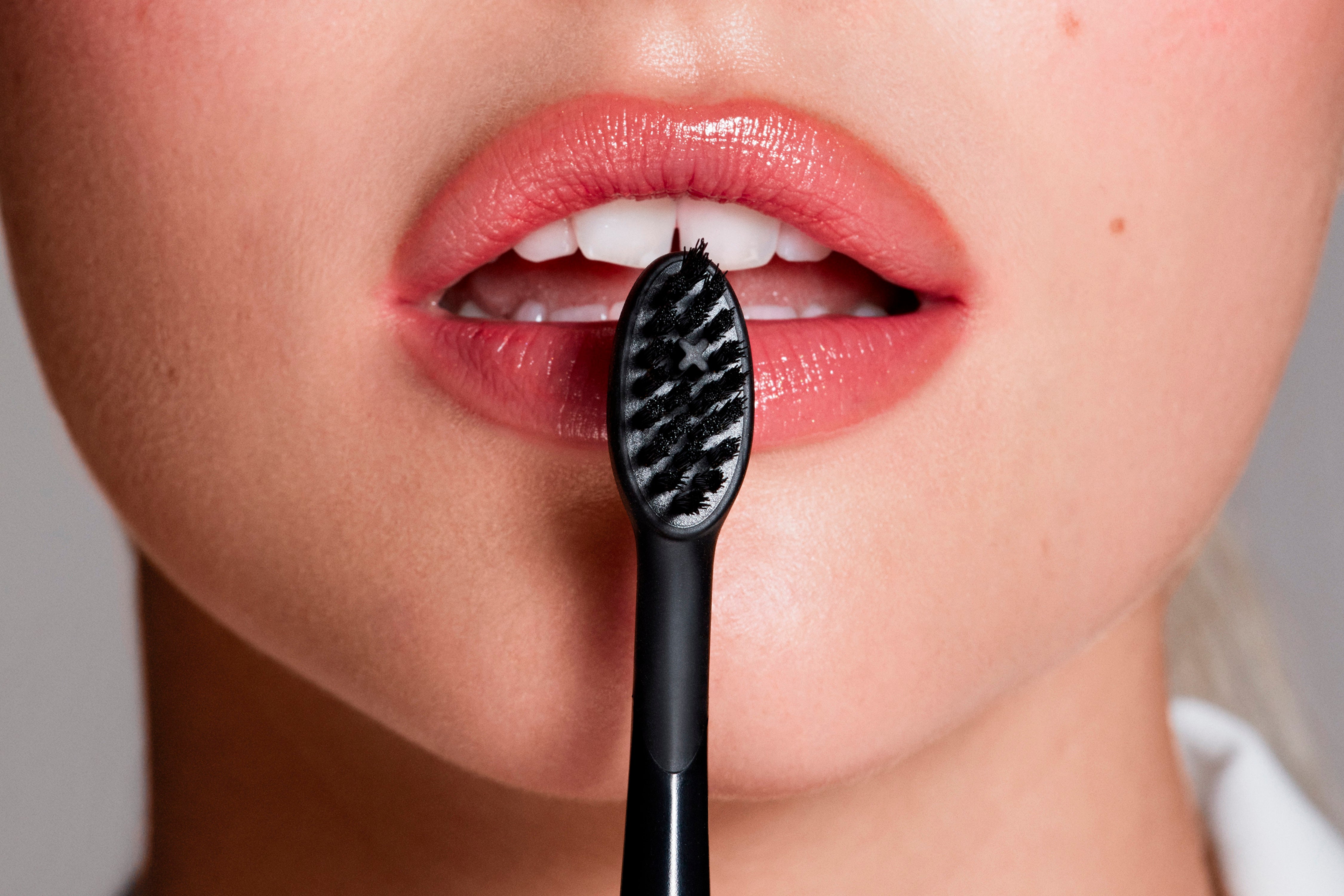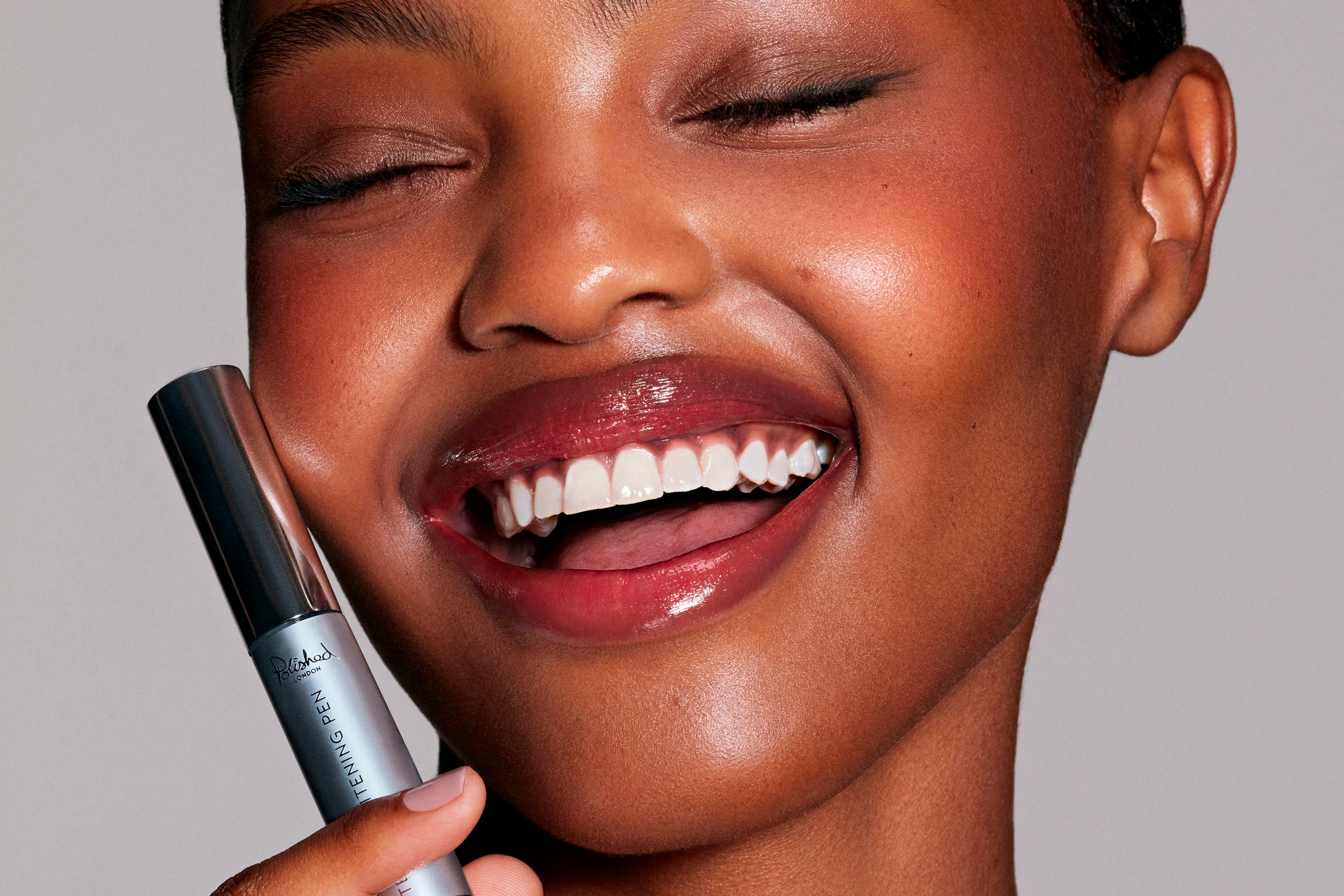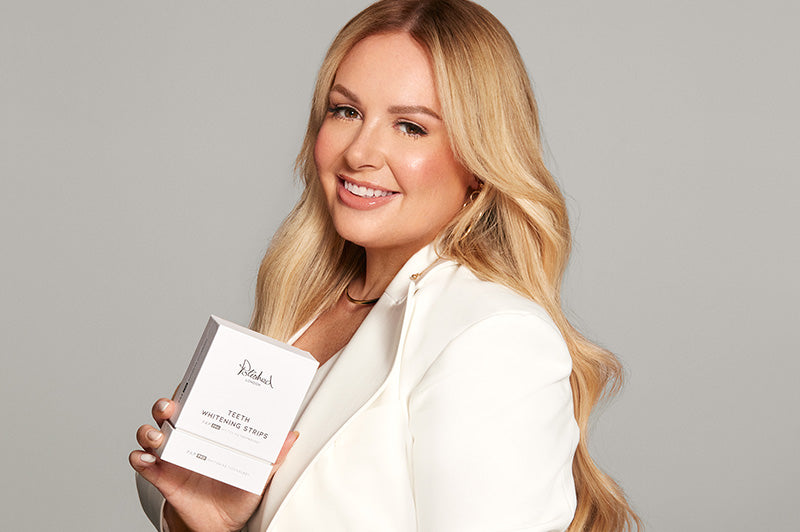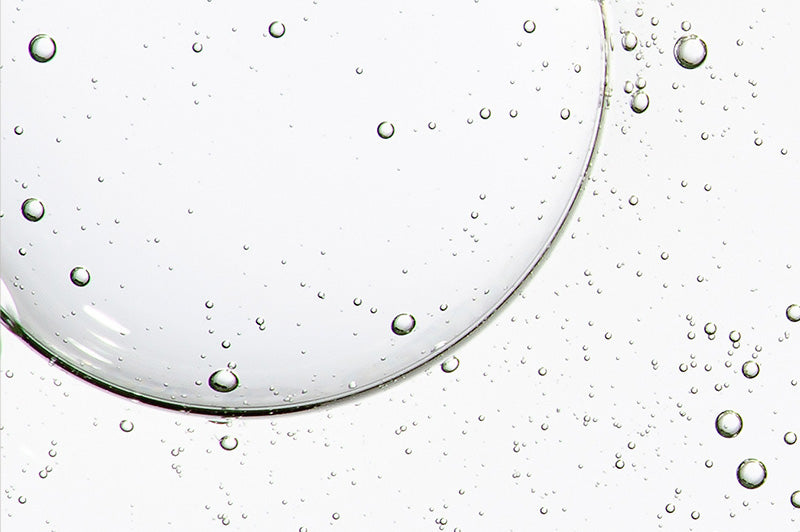7 Common Myths About Teeth Whitening Debunked
Don't let myths hold you back from a whiter smile! We debunk 7 common misconceptions about teeth whitening. Learn the truth & achieve your dream smile safely.
With so many myths and misunderstandings, teeth whitening can seem scary and even dangerous. You might have heard that teeth whitening can damage your teeth, cause painful sensitivity, or that only dentists can whiten your teeth, but is any of it true?
Before starting any treatment, it’s important to know the facts. Let’s take a look at some of the most widespread misinformation about teeth whitening, and learn how you can safely and effectively whiten your teeth for a dazzling smile every day.
Myth #1: Teeth Whitening is Damaging to Enamel
This seems to be the most common misunderstanding about teeth whitening, and while it’s great that people want to protect their enamel, they don’t have to forego whitening to do so. When used correctly, most whitening products and procedures are safe to use and shouldn’t be any threat to your enamel.
Polished London peroxide-free formula is enamel-safe. The active whitening ingredient, PAP, help lift stains and discolouration via an oxidising chemical reaction, without compromising the vital outer enamel of your teeth. You can enjoy great whitening results with peace of mind.
Whitening toothpastes often contain mildly abrasive ingredients that, when overused or used incorrectly, may effect your teeth’s mineral layers. Always read the instructions carefully and use as directed. If you have any concerns about your oral health, speak with your dentist.
Myth #2: Over-the-Counter Products Won't Work
While professional, in-chair whitening treatments can deliver impressive whitening results, it’s not your only option for a whiter, brighter smile. There’s a huge range of at-home whitening options that can help you get the smile of your dreams, without the time and expense of professional dentist treatments.
Over-the-counter whitening products can absolutely life stains and counteract discolouration. Many at-home whitening kits use the same active ingredients as professional treatments, and when used properly and consistently for the recommended treatment period, they can give you the brighter smile you’re seeking while fitting easily into your lifestyle and budget.
While it’s a good idea to speak with your dentist about your oral health and whitening options, you don’t have to commit to in-chair whitening to brighten up your smile.
Myth #3: Teeth Whitening Makes Teeth Sensitive
Generally, no! Most people will experience no side effects following teeth whitening. A small number of people may experience temporary sensitivity following teeth whitening, especially professional in-chair treatment. This sensitivity should pass in 24-72 hours.
Sensitive teeth can be a side-effect of peroxide-based treatments. Peroxide-based bleaching agents produce free radicals as they break down, which may lead to some sensitivity.
Polished London’s whitening range does not contain peroxide. Our PAP based whitening treatments effectively whiten teeth without producing free radicals, which virtually eliminates the risk of post-whitening sensitivity.
Myth #4: Teeth Whitening Results Are Permanent
Unfortunately, no. We’d love our sparkling white smiles to last forever, but over time you will notice gradual discolouration. The life of your whitening results depends on the natural pigment of your teeth, diet and lifestyle factors, and your oral health and hygiene in between whitening treatments.
As a general guide, most at-home whitening treatments last 3-4 months. Professional whitening treatments may last longer, but can be more expensive to maintain.
To maximise the life of your whitening results, you may choose to avoid dark foods and drinks that can cause staining. Coffee and tobacco are common culprits that should be minimised or eliminated to keep teeth whiter for longer. A consistent oral hygiene routine can help, including brushing with a whitening toothpaste and regular flossing. You can also use the Polished London whitening pen to touch up your teeth between whitening treatments.
Myth #5: Only Professionals Can Whiten Teeth Safely
False! While professional whitening treatments are a great option, they can also be very expensive. It may take multiple appointments to achieve your desired whitening results, which can be difficult to fit into your busy schedule. Dentists can use very strong concentrations of bleaching ingredients, which can lead to impressive results, but may also increase the risk of side-effects.
Fortunately, at-home whitening treatments are widely available, effective, affordable, and very safe when used properly. You have more options that ever to help you achieve a healthy, pearly white smile.
If you choose to whiten your teeth at home, make sure you carefully read the ingredients and instructions on your whitening products. Most treatments are easy to use, and when used properly, very safe. If you are unsure which whitening treatment is right for you, you can discuss your choices with your dentist.
If you have any questions or concerns about Polished London’s teeth whitening range, see our FAQ or contact our team.
Myth #6: All Teeth Whitening Products Are the Same
Not true! While all teeth whitening treatments feature similar steps and use the same oxidising chemical reaction to help lift and lighten stains and discolouration, all whitening treatments are not created equal.
Firstly, the active ingredient can differ. Hydrogen peroxide is the most common whitening agent, but carbamide peroxide may also be used, while non-peroxide options, like Polished London’s PAP formula, are becoming increasingly popular. Peroxide products are more likely to lead to side-effects, making PAP based products an attractive option.
The concentration of the active ingredient can also vary. Professional dentist treatments use much higher concentrations than at-home kits, and at-home kits may vary by brand. High concentrations of peroxide may lead to faster results, but are also more likely to cause temporary sensitivity.
The delivery method can also differ. The most common options are whitening strips, which are applied directly to the teeth, or whitening gel applied to a tray or mould which is then placed between the teeth. While strips are more unobtrusive, using a gel in a mould usually produces results faster.
Some whitening gel kits, including the Polished London Whitening Kit, come with an LED accelerator light. This light can help activate the bleaching ingredient faster, helping maximise results while minimising the time you have to wear the gel tray.
Similarly, different brands of whitening toothpastes and mouthwashes may use different active ingredients and come with different directions for use. Always read the ingredients and instructions carefully before using any whitening product.
Myth #7: Teeth Whitening Will Give You a ‘Hollywood Smile’
For the most part, false. Teeth whitening results can vary widely depending on the treatment chosen, the natural pigment of teeth and the extent of discolouration, along with diet and lifestyle factors. When beginning any teeth whitening treatment, the goal should be healthy, cleaner teeth with reduced discolouration and a bright but natural-looking smile.
It is unlikely that at-home treatments will results in the artificial-looking ‘Hollywood Smile’. Whitening kits can help you uncover the full beauty of your smile by lifting stains and reducing discolouration, but they shouldn’t leave you with the alarmingly white look some veneers or crowns.
Also note that teeth whitening treatments only work on natural teeth, and cannot be used to whiten veneers, crowns or dentures.
FAQs about Teeth Whitening
Does teeth whitening hurt?
No, teeth whitening procedures should not be painful. If you experience pain or irritation, immediately remove the product and consult a dental professional.
Are whitening strips bad for your teeth?
When used properly, whitening strips are not bad for your teeth. However, improper use or overuse of whitening strips can have unwanted side-effects and can be bad for your tooth enamel and overall oral health. Carefully follow the instructions on your whitening strips. Do not leave the strip on your teeth longer than recommended, and do not use the strips more often than recommended.
Is teeth whitening safe for everyone?
For most people, at-home whitening strips are safe to use. However, it is not recommended to use teeth whitening treatments on those under 16 years of age, or on anyone who is pregnant or breastfeeding.
People with braces or pre-existing dental problems or oral health issues, such as cavities, periodontal disease, or worn enamel, should consult with their dentist before using any whitening treatment. Carefully check the ingredients of your whitening product and do not use if it contains any known allergens.
Is whitening toothpaste as effective as whitening strips?
No. Whitening toothpastes typically feature mild abrasives and sometimes low levels of the whitening ingredients found in whitening strips. The efficacy of whitening toothpastes depends on the ingredients, brushing technique, and the type and extent of tooth discolouration. They are a great option for keeping your teeth clean between whitening treatments, helping to reduce staining and removing surface-level discolouration.
However, whitening toothpastes will not deliver the same whitening results as whitening strips or gel kits. For noticeable whitening results, we recommend a whitening treatment, such as strips, gel, or a professional procedure. You can then use a whitening toothpaste to help lift daily stains and help extend the life of your whitening results.
Whiter Teeth With Polished London
Contrary to what you may have heard, whether you choose whitening strips, an at-home kit, or a professional whitening treatment, teeth whitening is almost always a safe, painless procedure with minimal, if any, side-effects. When practiced properly, teeth whitening can help you achieve the confidence boost of a bright, white smile, without damaging your enamel, causing sensitivity, or breaking the bank.
Polished London has a range of whitening options to help you achieve a brighter, whiter smile. Our peroxide-free formulas are a great choice for safe, affordable and effective teeth whitening at home. Whether you choose our easy Whitening Strips, our full Whitening Kit, or the Whitening Pen for on-the-go touch ups, we’re sure we have the teeth-whitening solution for you.
Explore the Polished London range online, or in store at Priceline Pharmacies Australia-wide.
Blog posts
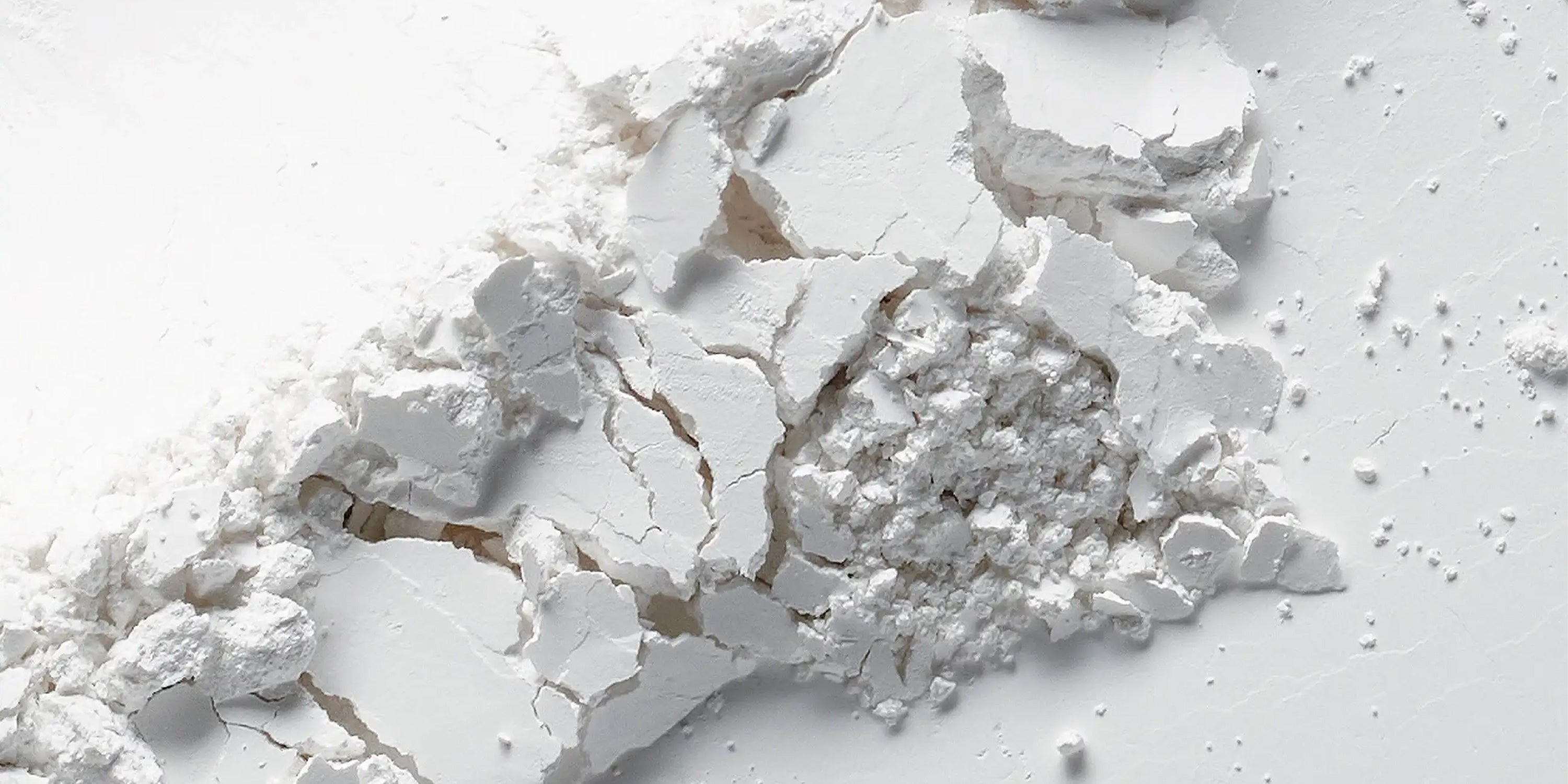
Why Oral Care is the New Skincare
Skincare has always set the standard for beauty routines, hydration, glow, and protection. Now, the same innovation is redefining oral care. Welcome to your SmileCare era: where whitening meets...
Read more
Teeth whitening at home - Professional tips from the experts
Achieving a radiant smile doesn't require a trip to the dentist. With the right approach and tools, you can effectively whiten your teeth at home safely and without sensitivity. In this guide, we'l...
Read more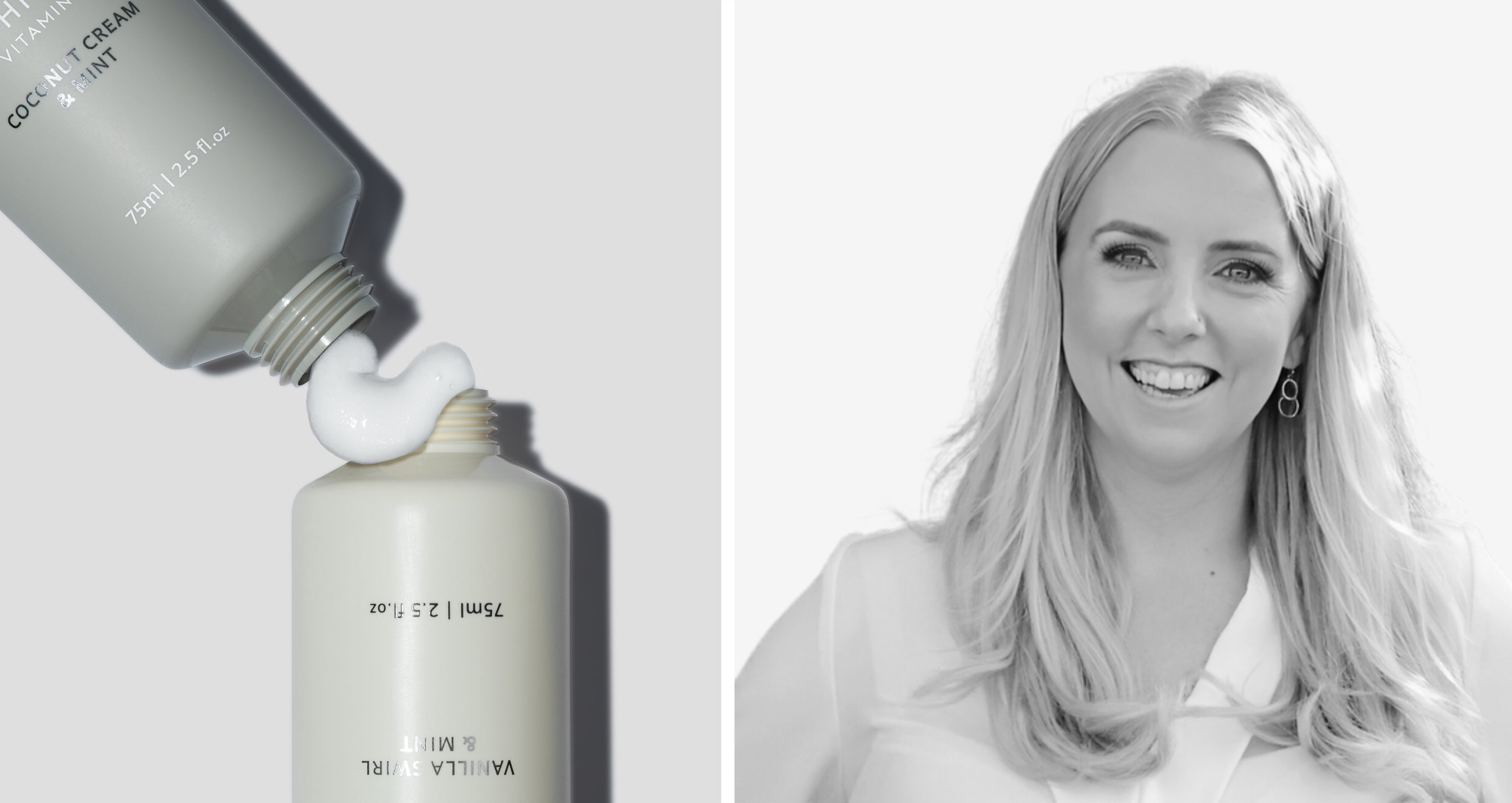
How to nurture your microbiome: A gut health expert’s top tips.
Frankie Jones, Gut Health, Detox and Wellness Specialist has been supporting her clients to thrive in health and energy for over 20 years and she’s sharing some invaluable information to help you o...
Read more
